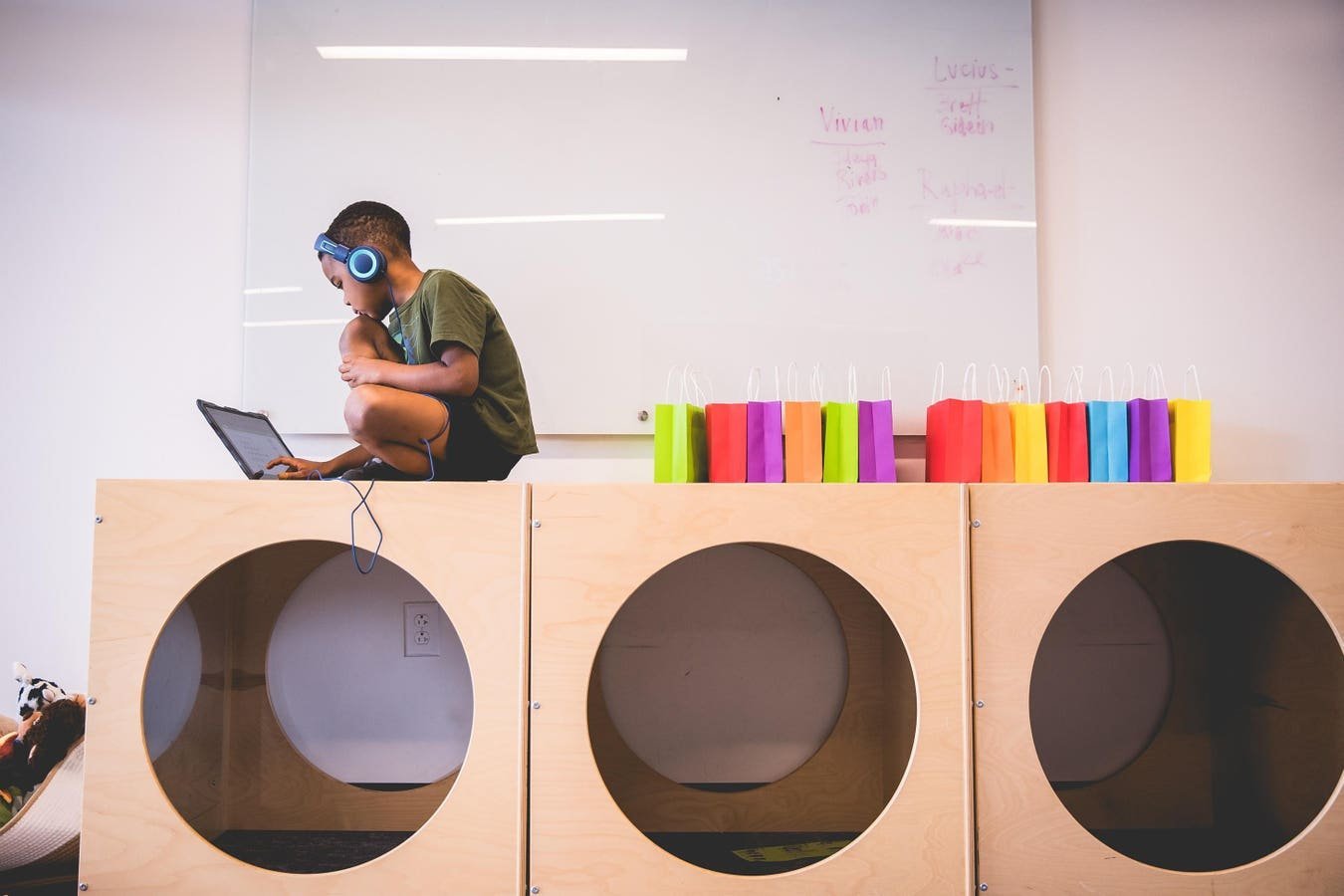Alpha School deploys AI-driven adaptive learning to compress core academics into just two hours daily, freeing students for hands-on projects. This model claims 2.6x academic growth over traditional schools but faces scaling challenges and questions about human educator roles. Its approach forces a reckoning with inefficiencies in conventional education systems.

In a bold challenge to traditional education, Alpha School has implemented an AI-centric model claiming students can achieve a full day's academic progress in just two hours. The Austin-based institution leverages adaptive learning algorithms to personalize core subject instruction (math, reading, science, social science), while human "guides" shift from lecturers to mentors. This restructuring raises critical questions about the future of teaching, the scalability of AI in education, and the very definition of school efficiency.
The Tech-Powered Core: Mastery Through Algorithms
Alpha School's mornings are dedicated to AI tutors:
- Real-Time Assessment & Pacing: Systems analyze not just answers, but the reasoning behind them, identifying conceptual gaps instantly. Students advance only upon mastery, eliminating repetitive learning.
- Eliminating the "Panama Canal" Problem: Traditional grade-based progression forces advanced students to wait years for challenging material. AI tailors pace individually, allowing significant acceleration.
- Teacher Transformation: Guides monitor engagement and motivation, intervening when students stall. Their role pivots from content delivery to psychological support and accountability.
"By allowing students to work individually at their own pace but within a shared environment, Alpha School preserves the social benefits of schooling while eliminating many of its traditional inefficiencies," explains founder MacKenzie Price.
Afternoons Reclaimed: Projects, Skills, and Real-World Application
The model's second pillar uses time saved for high-value activities often marginalized in conventional schedules:
- Workshops on public speaking, leadership, and entrepreneurship
- Collaborative coding projects and debates
- Internships and specialized research (for older students)
This structure aims to foster problem-solving, communication, and practical skill application – moving beyond passive knowledge acquisition.
Measured Success and Lingering Questions
Alpha School reports compelling early results:
- 2.4x - 2.6x Academic Growth: Based on NWEA MAP assessments compared to traditional school averages.
- College Readiness: Graduates report feeling well-prepared at top universities (Stanford, Vanderbilt, etc.), though they express frustration with traditional lecture inefficiencies.
However, significant challenges loom:
- Scaling the Magic: Can the intimate, high-engagement model work in larger public charter schools, or will it remain a private/micro-school phenomenon? Efforts face bureaucratic resistance.
- The Human Element: Critics question if AI can adequately support younger or less self-motivated students. Is the guide role sufficient to develop deeper "habits of mind"?
- Access & Equity: Current tuition ($25k-$40k/year) limits reach. Scaling via charter schools or educational savings accounts is crucial for broader impact.
- Screen Time Reality: Alpha counters screen concerns by noting only 2 dedicated academic hours – less than many traditional schools integrating tech throughout the day.
The Broader EdTech Reckoning
Alpha School isn't just a novel experiment; it's a catalyst. Its measurable efficiency gains force a fundamental question: If technology enables mastering core academics in significantly less time while freeing resources for essential skills, why does the traditional 7-hour, age-based model persist? While not a universal solution, Alpha demonstrates AI's potential to dismantle long-standing educational inefficiencies. Its ultimate legacy may be less about replacing every school and more about compelling all educators to re-evaluate how time, technology, and human interaction can be optimally balanced.
Source: Forbes - Alpha School: Using AI To Unleash Students And Transform Teaching

Comments
Please log in or register to join the discussion